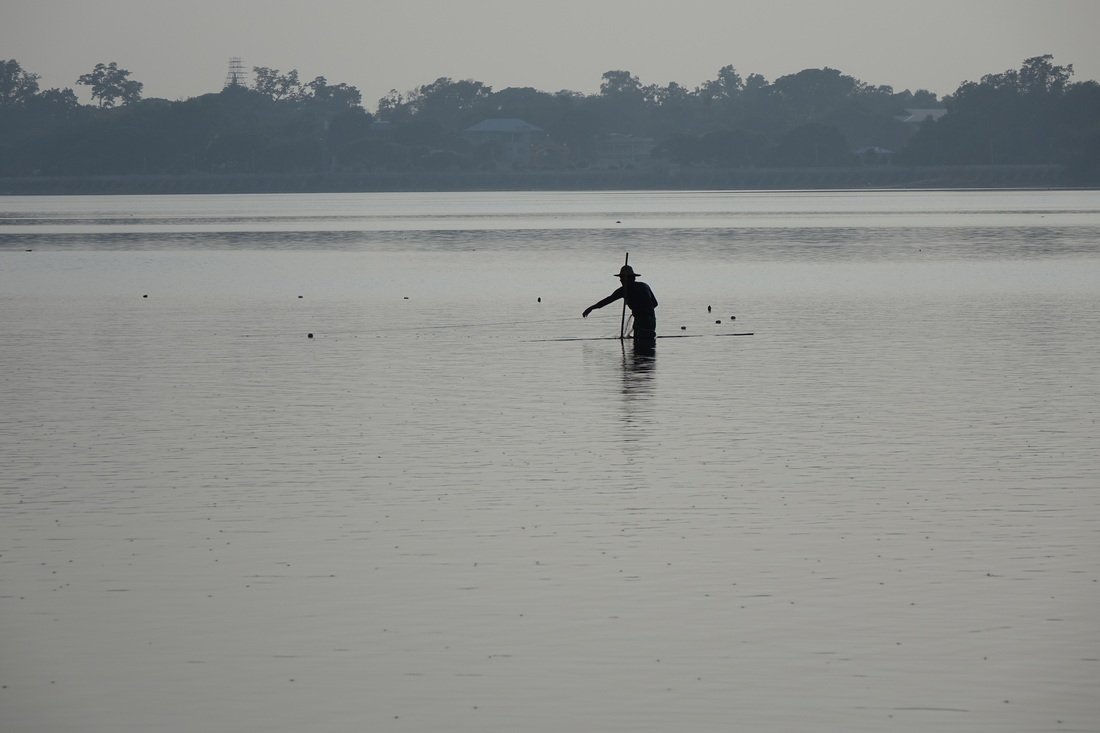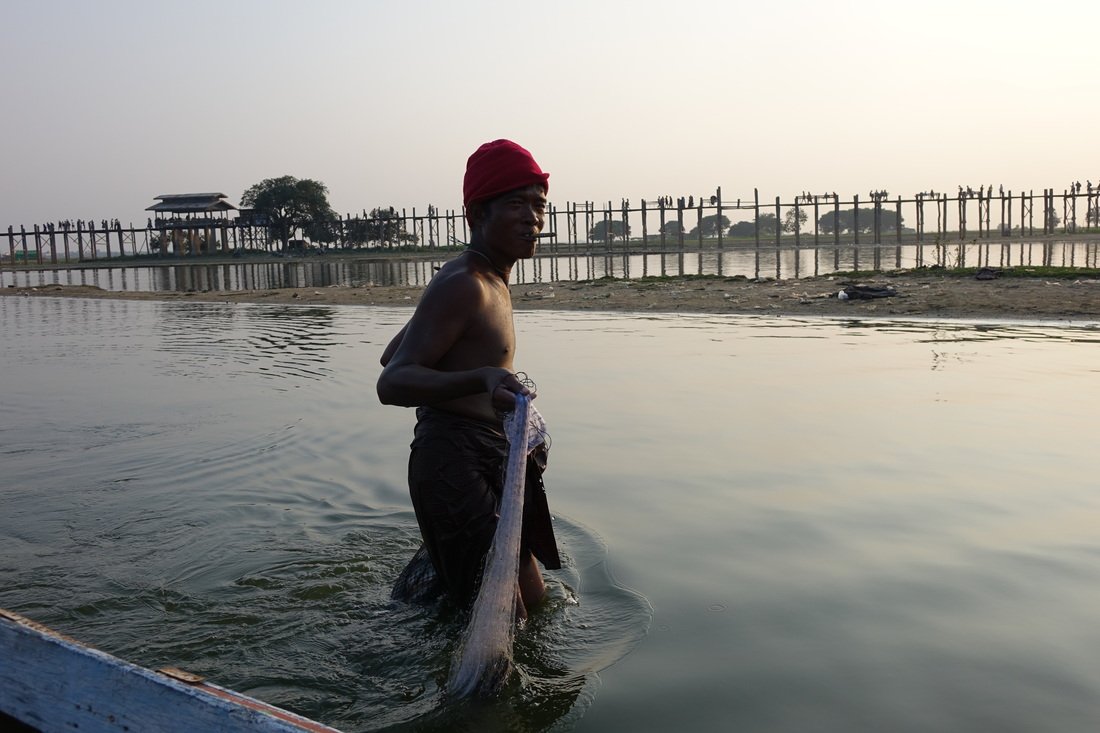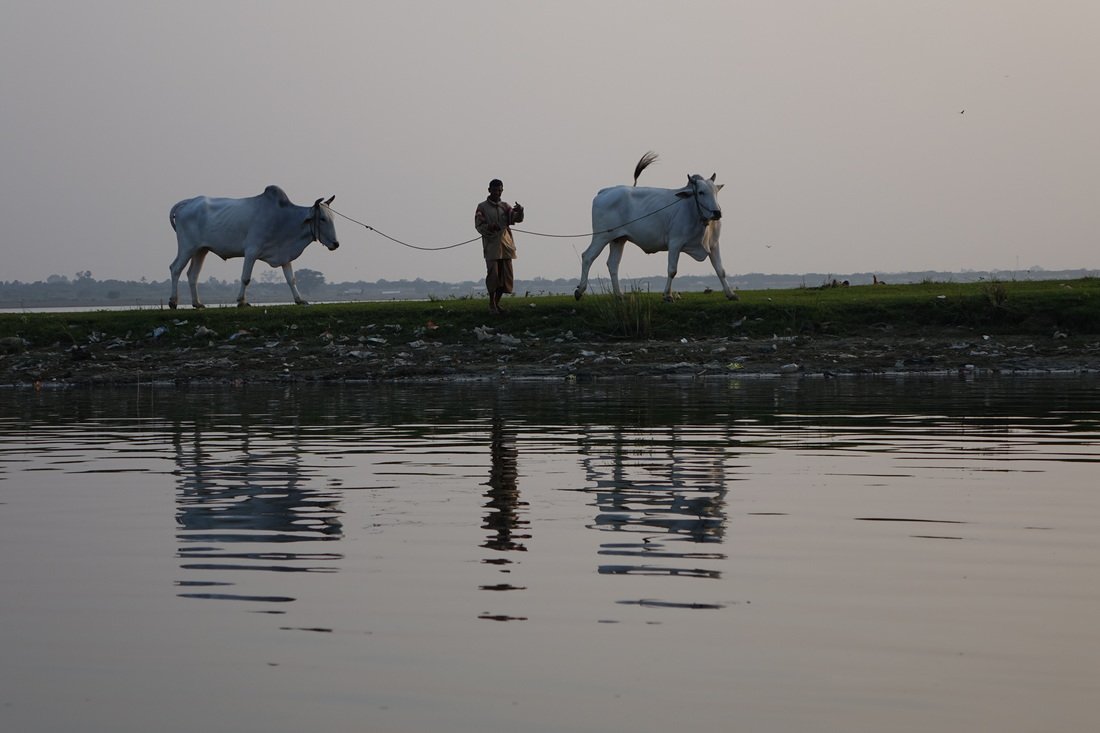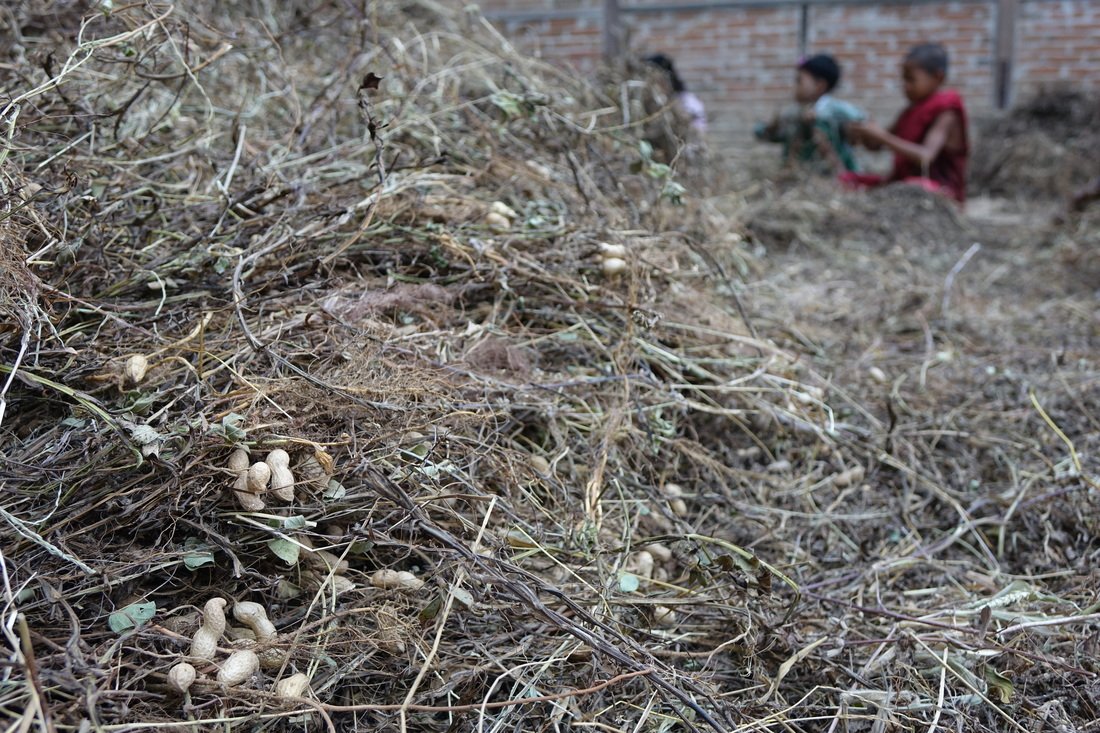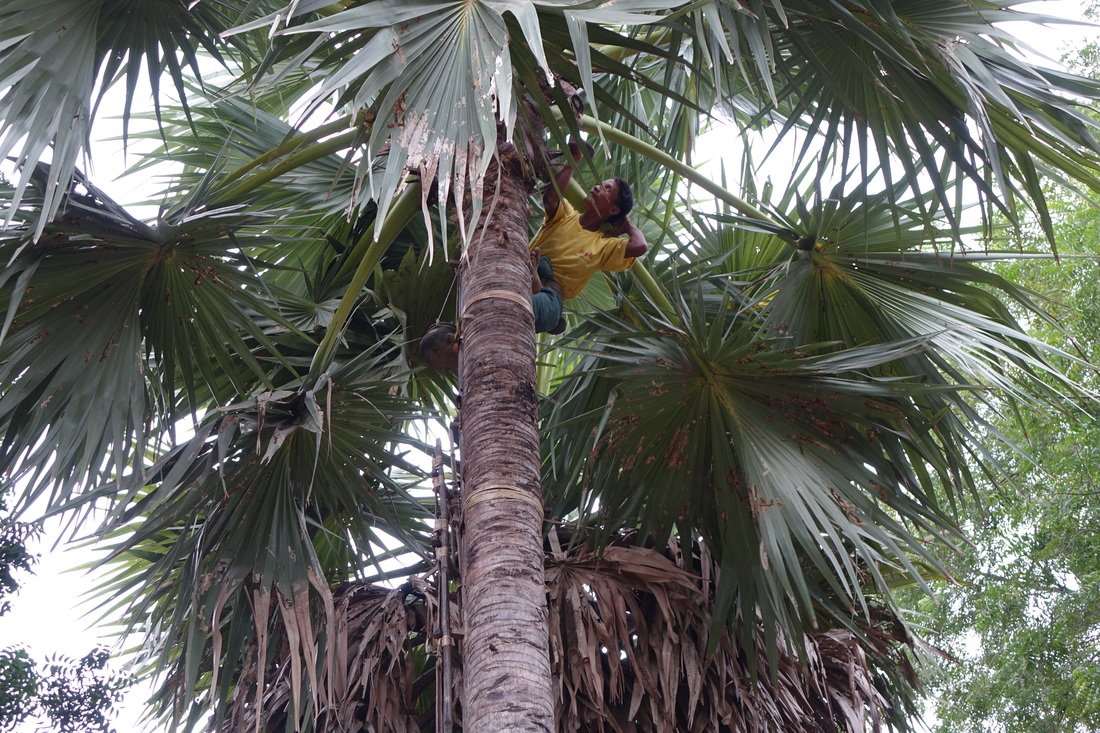Our Trip to Burma. A Series in Postcards. Part 3: Agriculture.
Burma is an enchanting land in the middle of a transformation. After decades of harsh rule under a military junta, the Burmese people are riding a wave of optimism as the country, also known as Myanmar, transitions toward a more open relationship with the Western world, and a new government promises more political and economic freedoms.
I was lucky to visit Burma during an adventurous Irrawaddy River cruise with Avalon Waterways on its new ship Avalon Myanmar. It was an amazing experience, seeing a land with such a unique history and people unfailingly friendly and welcoming. Most Burmese people are as interested in new visitors to their little-seen farming and crafts trade villages as we are in seeing how they live and their proud traditions.
In a five-part series on In The Loop Travel, I will offer my "Postcards of Burma" to showcase the country and its beautiful people. The series highlights photos that depict Burma's Children, Beliefs, Agriculture, Daily Life and Cultural Touchstones.
Please enjoy, and always travel happy!
JR
A farmer drives oxen hauling hay across a sandy beach on the island of Kyundaw in the Irrawaddy River. Agriculture accounts for about 60 percent of the economy, with farmers growing rice, peanuts, corn, sesame oil, palm oil, cotton and sugarcane.
A fisherman casts his net at dusk in a lake just outside Mandalay. Burmese fishermen have mastered the art of wading into shallow lakes and nabbing fish in nets.
This happy fisherman gathers up his final catch of the day just before sunset in the shadow of U Bein Bridge on Taungthaman Lake in Amarapura.
A farmer brings his powerful and graceful white oxen to the water's edge for a dip and watering at the end of another day of labor in Amarapura.
Youngsters in the village of Shwe Pyi Thar gather peanuts from vines. The village is a major producer of peanut products and candies made from toddy palm oil, and almost everyone takes part in the work to keep things humming along.
A farmer climbs a toddy palm tree to swap a pot that catches the sap that drips from a slit cut into the tree. The pot tender climbs twice a day to the top of as many as 30 trees to grab the bounty that is the key ingredient in the sweet treats that are a traditional favorite found in most homes in Burma.
Women use flat baskets to toss peanuts to remove dust and husks. The village of Shwe Pyi Thar buzzes with activity throughout the day as children play, farmers tend to animals and workers produce candies and peanut products.


